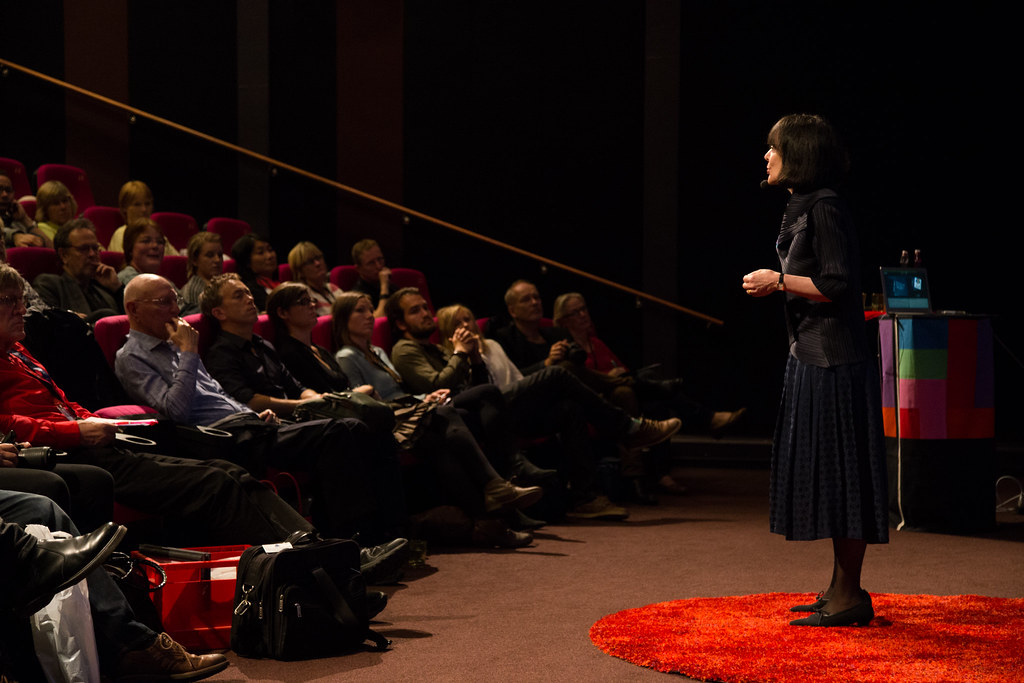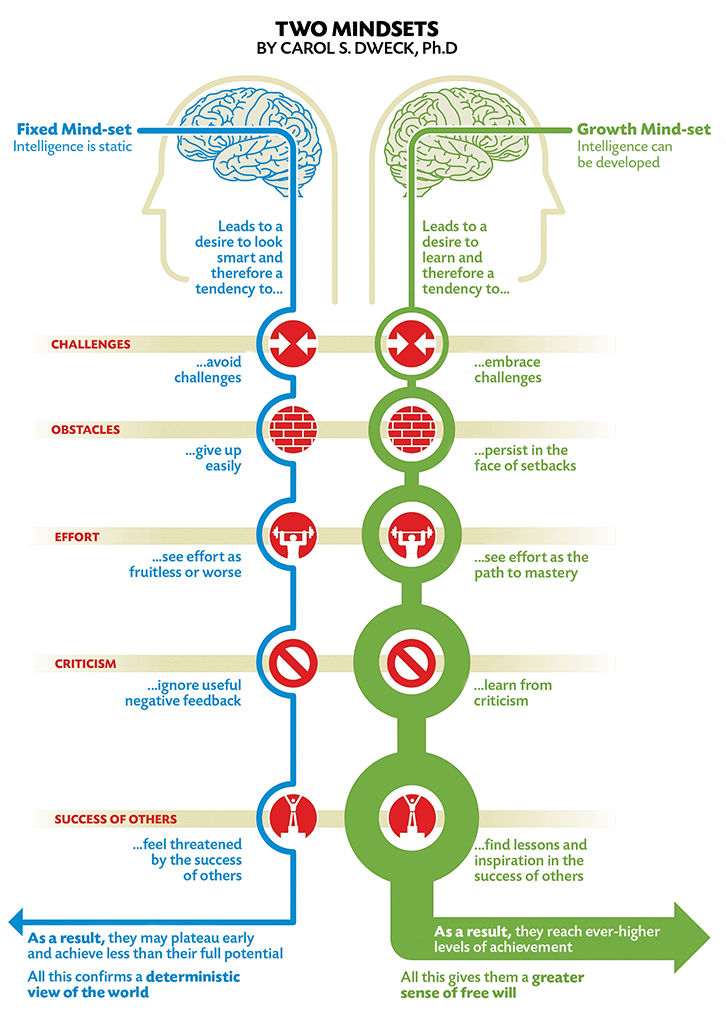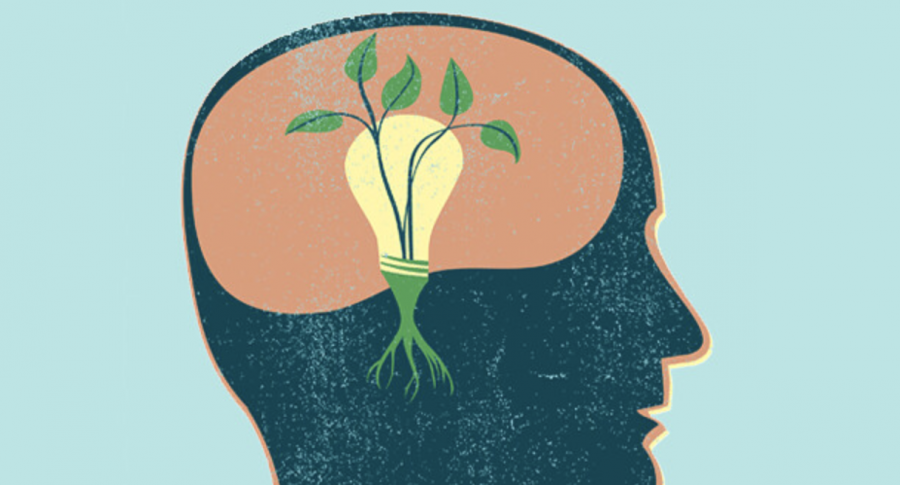Why Failure and a Growth Mindset are the Backbones of Success
October 31, 2019
“When you lose, experience is the reward.” This was the title of the Olympic Channel’s recent video featuring Olympians Usain Bolt, Cathy Freeman, Yelena Isinbaeva, and Michael Phelps.
For most people, these names are synonymous with the fastest man on earth, the first gold- medaled indigenous Australian, the greatest female vaulter of all time, and history’s most successful Olympian. Yet at the start of the video, we don’t see the times these athletes won gold medals. We see the times they didn’t. We see the time Isinbaeva didn’t even mark, the times Bolt, Phelps, and Freeman placed 5th.
When we look at people who have reached the epitome of success, we often see just that; their success. What we often forget to consider are the thousands of times they didn’t succeed. The times that by society’s standards, they “failed.” But these individuals didn’t achieve success despite their failures, they achieved success because of their failures.
“I have taken more than 9000 shots in my career. I have lost almost 300 games. Twenty six times I have been trusted to take the game winning shot and missed. I have failed over and over again in my life; and that is why I succeed.” – Michael Jordan
More than their victories, what makes a person successful is that when they “lost,” they learned what needed to be learned and kept on going. Walt Disney went bankrupt twice before finding success. J.K. Rowling’s first Harry Potter book was rejected by 12 publishers, while Stephen King’s first novel was rejected by 30. Scientists can spend a lifetime “failing” before finding a conclusive result. As Barack Obama put it,“The real test is not whether you avoid this failure, because you won’t. It’s whether you let it harden or shame you into inaction, or whether you learn from it; whether you choose to persevere.”
Let’s face it, persevering can be hard. We are naturally more susceptible to see failure as a bad thing, and therefore let it affect our performance. As shown by MIT neuroscientist Earl Miller, even monkeys have a negative perception of failure, which in turn negatively impacted their performance. Once they failed at performing a simple task, their subsequent performance was negatively impacted.
Numerous studies, such as the psychologist Dr. Sonia Lyubomirsky’s 2011 study, show the same trend in humans. Lyubomirsky’s study showed that students who were arbitrarily told they had failed a reading comprehension task experienced a decrease in their performance when carrying out future tasks. Why? Because they viewed failure as a bad thing, resulting in stress and anxiety that impeded their performance.

The question is, what can we do about it? According to Stanford psychologist Carol Dweck, the difference between those who persevere through failure and those who fall behind is simply the difference between a growth mindset and a fixed mindset. In her research, Dweck looked at participant’s brainwaves after failing a task as well as their performance on future tasks. After failing the task, individuals with a growth mindset entered a focused mental state, trying to figure out what they did wrong. In subsequent trials, they improved; their brains grew and learned. Those with a fixed mindset never entered that mental state and showed little, if any, improvement.
This alternative approach to failure is just one of the indicators of having a growth mindset. The basis of a growth mindset is the belief that intelligence and abilities can be developed. As Dweck states in her book Mindset: The New Psychology of Success, “This leads to a desire to learn and therefore a tendency to embrace challenges, persist in the face of setbacks, see effort as the path to mastery, learn from criticism, find lessons and inspirations in the success of others, and ultimately reach higher levels of achievement.”
One framework to help to incorporate these habits in our daily lives is goal-setting. A large part of what is causing fear of failure, as well as a fixed mindset, is fear of the future and the unknown. Setting goals can help remedy this. A comprehensive review by the American Psychological Association found that in 90 percent of studies, those with challenging, well-defined goals were the most likely to achieve them. These goals were found to fit the qualifications of a “SMART”— specific, measurable, achievable, relevant, and time-bound — goal.

As J.K Rowling put it, “It is impossible to live without failing at something, unless you live so cautiously that you might as well not have lived at all – in which case, you fail by default.” Our future is determined by what we do now. Live in the moment, cultivate a growth mindset, and dare to act.
“Only those who dare to fail greatly can ever achieve greatly.” – Robert F. Kennedy





















Mrs. Bennett • Dec 18, 2019 at 2:29 PM
I love this quote: “It is impossible to live without failing at something, unless you live so cautiously that you might as well not have lived at all – in which case, you fail by default.” My first principal said something similar to me in my first year of teaching, encouraging me to try new things as a teacher. Thank you for sharing this very important message.
Danya • Dec 13, 2019 at 12:32 PM
The article provides clear facts to prove that with the right mindset, failure is beneficial to our growth. It is informative and a great article to encourage people that have lost confidence through failures.
Tei • Dec 13, 2019 at 8:52 AM
I agree with you when you say that failure is necessary for success. Although I always heard that failure is the backbone of success, I think that this article really provided evidence for that and convinced me further. I think it’s important for someone to make mistakes and learn from them, as you stated in this article.
Sanya • Dec 12, 2019 at 12:18 PM
Failure is a natural thing that happens to everyone, and it is crucial to learn from the mistakes we make because that will help us grow. This article debates the fact that failure is vital as well as helpful amicably and understandably, also providing a lot of quotes and studies. This article is very impactful in helping one understand the importance of having a growth mindset and may even help change the views of somebody who has a fixed mindset.